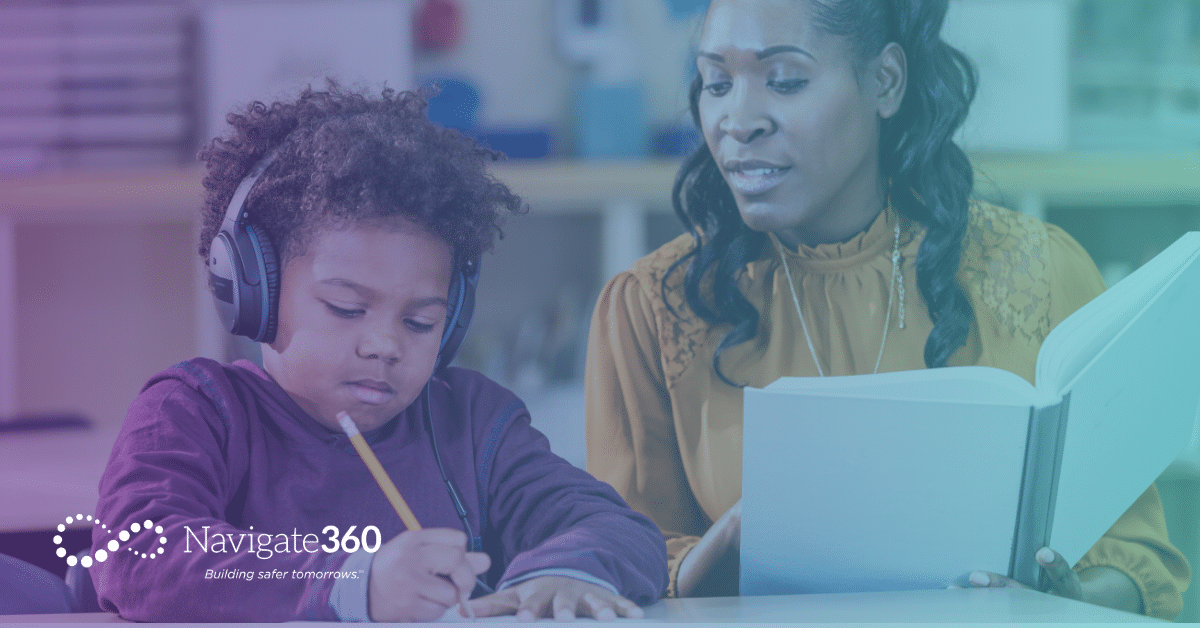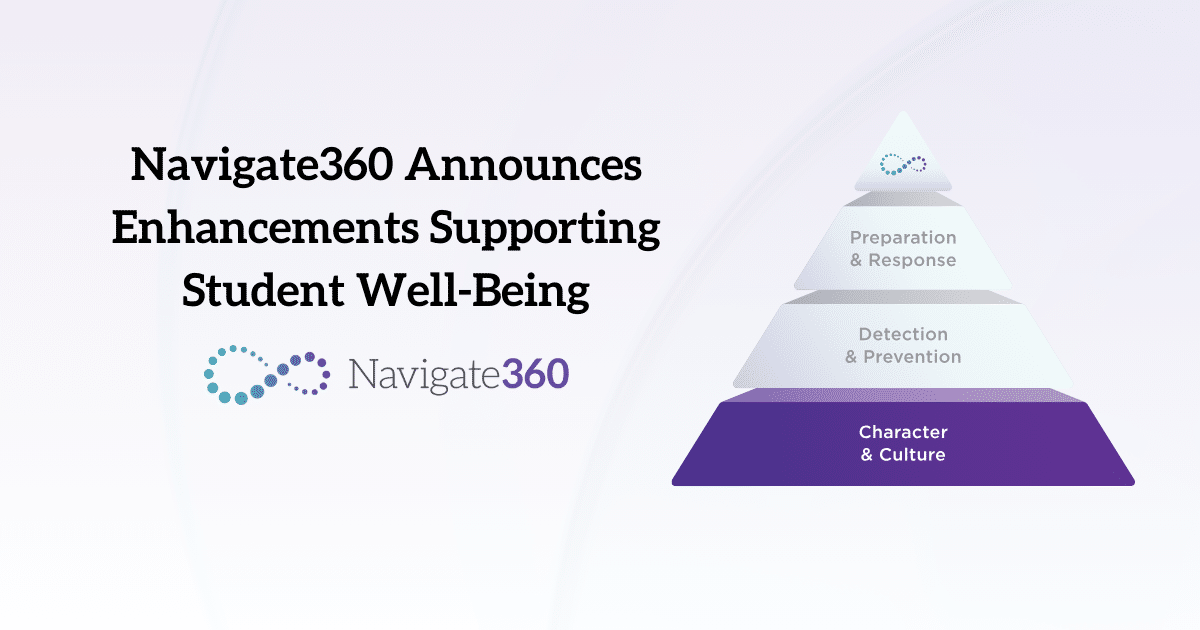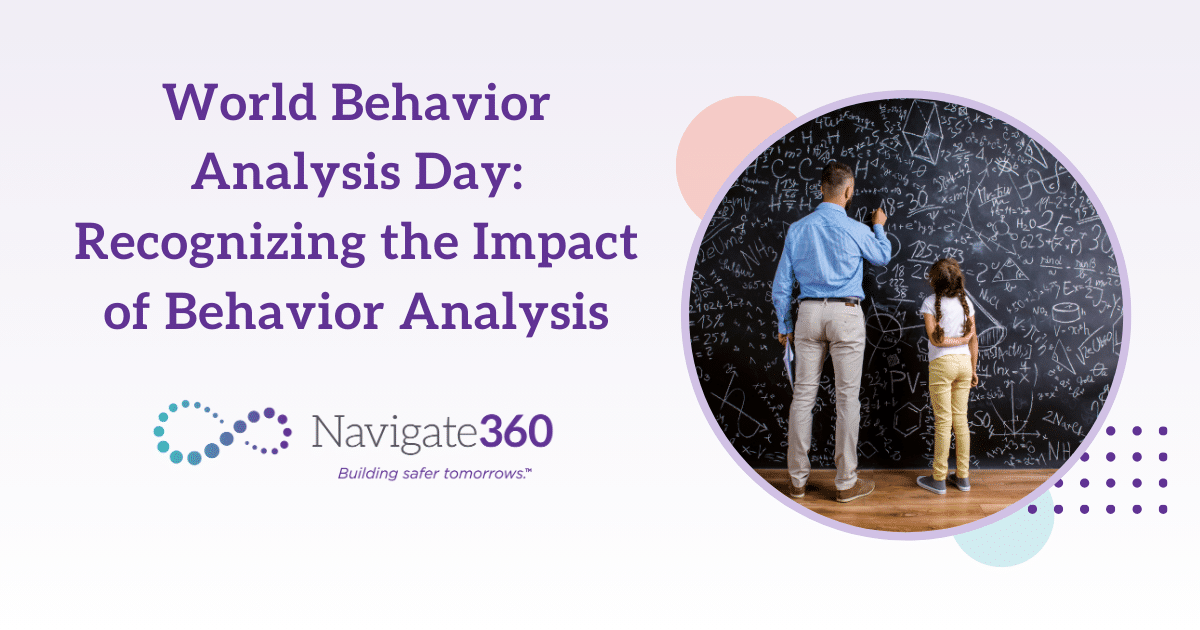MTSS offers these students a range of interventions to assist in their growth, including academic, physical, emotional, and social supports. For schools using PBIS to impact school climate and culture, these supports often center around behavioral challenges. For individual students whose behavioral challenges have not responded to interventions at the Tier 1 or Tier 2 level, there is a more specialized level of support: Tier 3.
Tier 3 behavior intervention supports are individualized supports and serve up to 5% of the student population within a school. Often, these students exhibit highly disruptive or dangerous behaviors and need more intensive support. Tier 3 strategies can be effective for students with autism, developmental disabilities, emotional or behavioral challenges, or any student who needs one-on-one support, regardless of diagnostic label.
Identifying a student who will benefit from Tier 3 supports includes conducting a functional behavior assessment (FBA) to assess the cause(s) of behavior. The findings from the FBA allow for the creation of a behavior intervention plan (BIP), in which the student receives targeted, intensive support. These individualized supports can include wraparound strategies such as mental health or substance abuse services.
It’s important to note that Tier 1 behavior intervention and Tier 2 behavior intervention supports still apply for students receiving Tier 3 interventions. In fact, Tier 3 supports are based on the foundational behaviors found in the schoolwide matrix, the same as Tiers 1 and 2. However, for the small percentage of the student population who need them, Tier 3 supports are enhanced, individualized versions of lower-tier supports.
Examples of Tier 3 Behavior Interventions
Once students have been identified for Tier 3, the school assigns them staff members experienced in providing formal behavior support. Because of the individualized nature of these supports, each Tier 3 student will receive support tailored to their needs. These kinds of Tier 3 behavior interventions can include:
- Mentoring
- Social skills development
- Collaboration with student’s physician, therapist, or mental health provider
- Check-In/Check-Out (CICO)
- Individual, visual schedule
- Structured breaks
- Behavior meetings with parents/guardians
- School counseling
- Behavior reflection
Using PBIS Rewards in Tier 3 Behavior Interventions
Given the individualized nature of Tier 3 supports, one might conclude that a PBIS initiative excludes Tier 3 students. While it’s true that up to 85% of students in PBIS remain in Tier 1, PBIS serves the behavioral needs of ALL students. Tiers 2 and 3 are built upon the foundation of Tier 1, and students in these tiers can make behavioral progress with proper support.
Turn Discipline into Learning Opportunities
Learn more about PBIS Rewards and Suite360 Behavior Intervention in this on-demand webinar!
PBIS Rewards allows schools to manage all three tiers of their PBIS initiative digitally. The software tracks all data from every input, regardless of tier. Schools can use the system to support behavioral progress for Tier 2 AND Tier 3 students.
Our Advanced Referral System (ARS) enables schools to track the disciplinary process from beginning to end. It also provides printable forms and reports for multiple uses, including litigation, state reporting, and IEP meetings. Within ARS, schools have the option to assign behavior intervention lessons through Navigate360’s Behavior Intervention & Restorative Practices curriculum.
Some schools use our Check-In/Check-Out feature for both Tier 2 and Tier 3 students, tracking behavioral progress in groups and individually. Our SEL/Status Check is useful, as well, for checking in on the social-emotional states of students, especially those in Tier 3 who may be struggling.
Managing all three tiers of PBIS is simple with PBIS Rewards. If you’d like to know more about digital PBIS and how it can improve behavior for ALL students, contact us!




